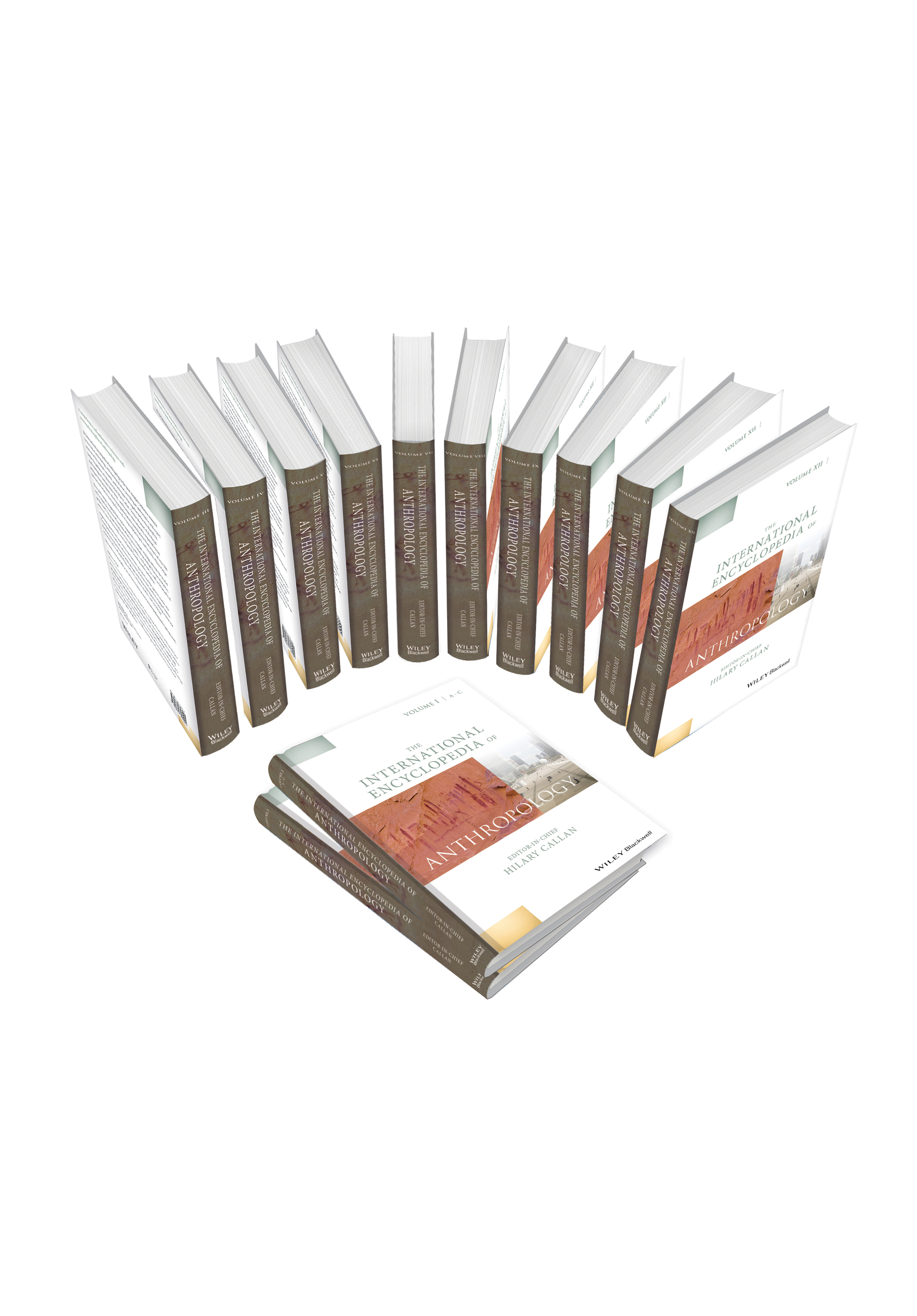Gender and Human Rights
Abstract
This entry considers human rights as a central category of international modernity and the elevation of gender and gender equality to the center of that global agenda. It reviews a series of world conferences central to that elevation; feminist contestation of the public/private distinction as potentially dangerous in preserving a sphere of nonintervention by the state; the diffusion of human and gender-related rights; and the intersection of human rights with nonnormative sexual identities. Its position is that human rights can be very different from existing structures and practices and that the diffusion of human rights is highly political and not easily manageable. Human rights should not be taken as ethical transcendence of other forms of politics but as ideals that need to be critically understood and negotiated in contexts. Fundamental inequalities of gender and material and other dynamic and entwined aspects of being will not be resolved by legalism but by myriad changes and interventions.



